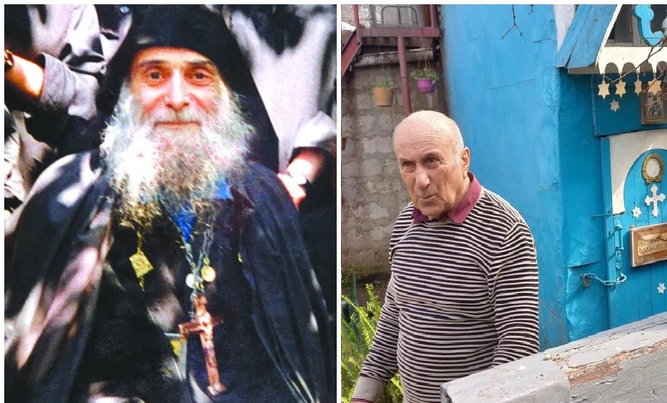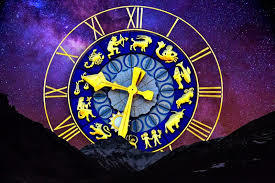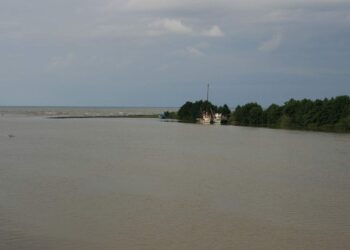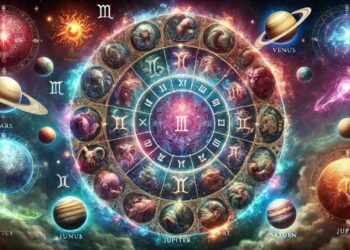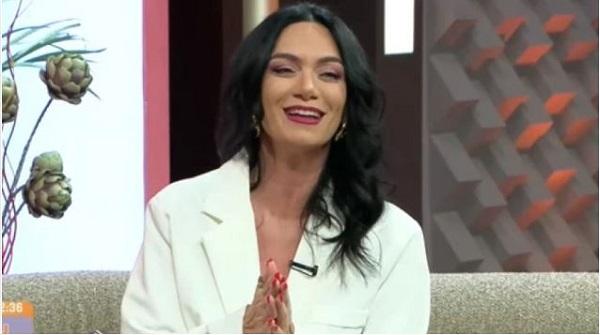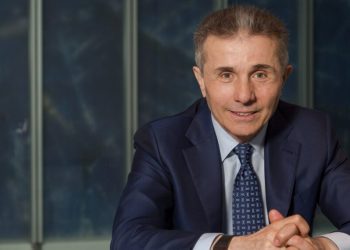For those who have Father Gabriel in their hearts, the small church and cell built by him must be visited. The cell, where you will find a lot of ancient icons and relics of the holy monk intact, is located in Isni district, adjacent to Gabriel Salos avenue.
You will find yourself in a completely different world. When you imagine that the images of our warrior saint are on these icons and things, a mystical feeling comes over you. His clothes, boots, hat, wallet are also here, you can match them, approach them. Father Gabriel is everywhere, the cell is permeated with the essence of the holy monk, invisible and visible. After all, faith opens “another eye” and we can see what an unbeliever cannot see.
There is a large jar hanging from the ceiling, in which he used to collect bread, a grave-like pit has been dug, where he was busy with self-sacrifice time and time again.
Father Gabriel’s older sister, Emma, who lived in the same yard, took care of Kelia. After his death, this business was continued by his son, Eldar Urgebadze.
Father Gabriel’s niece tells us that her uncle Father Gabriel was 16 years older than her.
Eldar Urgebadze: Father Gabriel had two sisters and one brother. Mishiko was two years older than Father Gabriel. He spent his life in prison. He was exiled to Magadan. Returning from there, he died of pneumonia at the age of 37. Their grandfather was a Bolshevik, Vasili.
My mother took care of this cell. Now I’m taking care of it. Almost everything is intact. Some of the icons were given as gifts, he found many thrown in the garbage and brought them… he built this small temple and cell for himself with the things he found and the gifts. When he came from Mtskheti to Tbilisi, he lived here.
He had a Georgian voice, raspy, artistic. He told with feeling, figuratively. When he told us about the saints, sometimes he would raise his voice, sometimes lower it, depending on the state of that particular saint in that story. The lives of saints are thorny for the most part. If you listened attentively, Father Gabriel’s emotional narration will put thorns on your skin.
I wanted to tape his conversation, but I couldn’t. I had brought a video camera from Russia, come, Vasiko (we called him by his father’s name), I beg you, I will film you, I said. He agreed once, okay. He dressed cleanly, went out and suddenly changed his mind, it is not necessary. I couldn’t take it quietly.
There is a hole cut here, in which he went to repent of his sins. He used to cry and go there and say, I am the most sinful and bad, he would give himself to the gvema. At that time, the door was completely locked. Once the cell door was left open and I entered. I saw it coming out of this hole…
He loved food…beans. It was cooked and a lump of coriander was thrown in it. It turned out delicious, but he stuffed so much bread inside that it dried out. Then he would look at that plate again for the next day. He often had boiled corn, shelled. had peas. Jami was hung on the ceiling for sukr. It is still hanging there.
I remember Father Gabriel dug the foundation of my parents’ house, right here in the yard. I have a picture of him wearing a black anaphora, holding a bar and digging. He dug the entire foundation.
In the yard, the stones, the island are brought by him. You will cross the phrases he wrote… we kept everything as he left it.
When in Tbilisi, Mother Paraskeva, who spent three years with Father Gabriel, will be drawn to this place.
As he tells “Primetime”, he feels the closeness of Father Gabriel here the most.
Mother Friday: When they need help and pray to Father Gabriel, they turn to me and Father Gabriel suddenly hears my words. I am a kind of mediator between people and Father Gabriel. Father Gabriel is our warrior. Somehow he left me on earth to easily let him know what we need. This, according to Father Gabriel, is God’s mercy.
Whoever he heals, whose prayers he hears, it seems that Father Gabriel is very close to them and heard their heartache.

